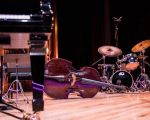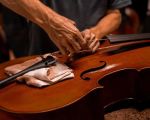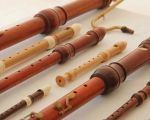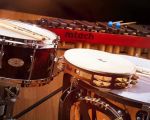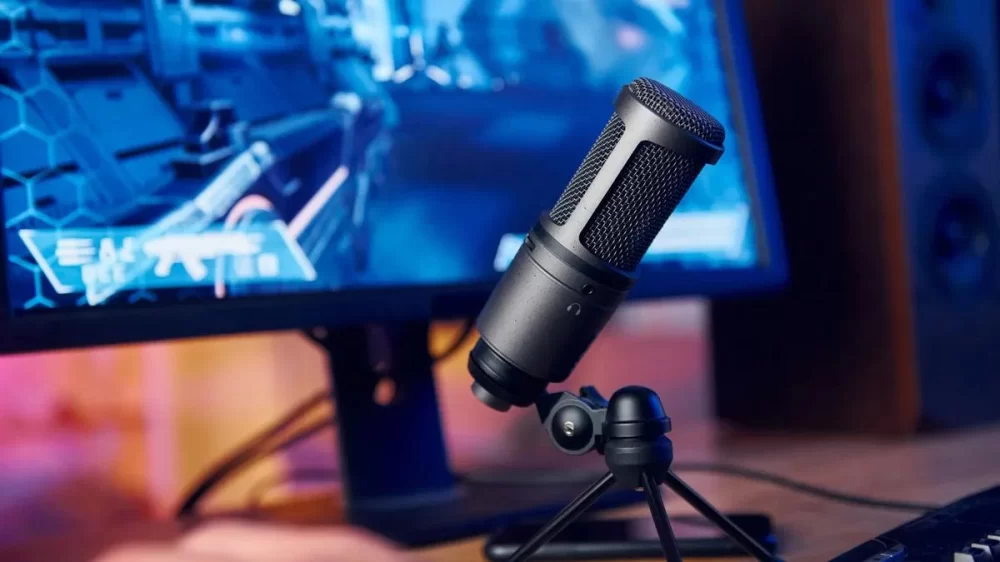
- Why Professional-Grade Microphones Matter
- Key Features to Consider When Choosing a Microphone
- Top Professional-Grade Microphones for Studio Recording
- Real-World Use Cases of Professional Microphones
- Choosing the Right Microphone for Your Needs
Why Professional-Grade Microphones Matter
When it comes to studio recording, the microphone you choose is the cornerstone of the entire setup. A professional-grade microphone offers high-fidelity sound reproduction, capturing every detail of your performance. Whether you are recording vocals, instruments, or voiceovers, the quality of the microphone can make all the difference in the final product. With advancements in microphone technology, it is now possible to achieve studio-level recordings even at home, as long as you choose the right gear.
Many aspiring audio engineers and musicians often underestimate the importance of a top-tier microphone. However, a great microphone ensures clarity, depth, and accuracy in your recordings. Without it, even the best soundproofing and equipment will not yield professional results. The goal is to find a microphone that complements your style and delivers the best sound possible, making professional-grade microphones a worthwhile investment for any serious studio setup.
Key Features to Consider When Choosing a Microphone
When choosing the best professional-grade microphone for your studio, there are several key factors to consider:
1. Polar Pattern
The polar pattern of a microphone determines how it picks up sound from different directions. Common patterns include cardioid, omnidirectional, and bidirectional. Cardioid microphones are the most popular for studio recording, as they capture sound from the front while rejecting noise from the sides and rear.
2. Frequency Response
Frequency response refers to the range of frequencies a microphone can pick up. A wide frequency response ensures that the microphone can capture the full spectrum of sound, from deep bass to high treble. For studio recording, a microphone with a broad frequency response is essential for capturing the subtleties of vocals and instruments.
3. Sensitivity
Microphone sensitivity is crucial for capturing low-level sounds without distortion. A high-sensitivity microphone will pick up every detail in a recording, which is vital for ensuring high-quality sound. However, it’s important to balance sensitivity with noise rejection to avoid unwanted background noise.
4. Durability and Build Quality
Since studio microphones are often used extensively, durability is key. A robust microphone with a solid build will last for years, even with frequent use. Look for microphones made with high-quality materials to ensure longevity.
Top Professional-Grade Microphones for Studio Recording
Here are some of the best professional-grade microphones you can consider for studio recording in 2025:
1. Neumann U87 AI
The Neumann U87 AI is a legendary microphone that has been a staple in professional studios for decades. Known for its rich, full sound and exceptional clarity, it is the go-to choice for many vocalists and engineers. The U87 AI offers three different polar patterns (cardioid, omnidirectional, and figure-eight) and is perfect for both solo and group recording situations.
2. Audio-Technica AT2020
The Audio-Technica AT2020 is a fantastic entry-level microphone that offers incredible value for its price. Despite being affordable, it delivers crisp, clear sound that is perfect for home studios. Its cardioid pattern ensures that it captures sound directly in front while rejecting unwanted noise from the sides and rear.
3. Shure SM7B
The Shure SM7B is one of the most versatile microphones available today. It’s widely used in radio, podcasting, and music production. Its dynamic design makes it perfect for capturing vocals and instruments with a warm, smooth sound. Additionally, the SM7B excels in rejecting background noise, making it ideal for less-than-ideal recording environments.
4. AKG C414 XLS
The AKG C414 XLS is another top-tier microphone known for its incredible versatility. With nine selectable polar patterns, it can be used in a wide range of recording situations, from solo vocals to full band recordings. Its natural sound and wide frequency response make it a favorite for professional engineers worldwide.
Real-World Use Cases of Professional Microphones
Professional microphones are indispensable in various real-world recording scenarios. For instance, the Neumann U87 AI is often used in commercial studios for recording vocals for albums, film soundtracks, and advertisements. It’s also the preferred choice for voiceover artists due to its ability to capture every nuance in a speaker’s voice.
The Shure SM7B, on the other hand, is a popular choice for podcasters and radio hosts. Its dynamic nature ensures that it can handle loud and varied sound levels, making it ideal for spoken-word content. Similarly, musicians who record in home studios frequently opt for microphones like the Audio-Technica AT2020 for its combination of affordability and performance.
Choosing the Right Microphone for Your Needs
When choosing a microphone for studio recording, it’s essential to match the microphone with the type of content you’ll be recording. For vocal recordings, consider a condenser microphone, which excels at capturing detailed sound. For instruments, particularly electric guitars or drums, dynamic microphones can provide a more durable and focused sound.
If you’re setting up a home studio, it’s important to choose a microphone that fits your budget while still offering professional-level sound quality. The Audio-Technica AT2020 is an excellent choice for those who are just starting out but want something that can handle professional-level recordings as they grow. Conversely, if you’re setting up a commercial studio, investing in higher-end microphones like the Neumann U87 AI or AKG C414 XLS may be worth it in the long run.
Remember, your microphone is only one part of the equation. To truly elevate your recording setup, consider investing in a high-quality audio interface, proper soundproofing, and effective microphone positioning. Together, these elements will help you achieve the best sound possible, regardless of your recording environment.
If you’re looking for the most suitable professional-grade microphones for your studio, visit Beat Trigger to discover the best products and services tailored to your recording needs.


